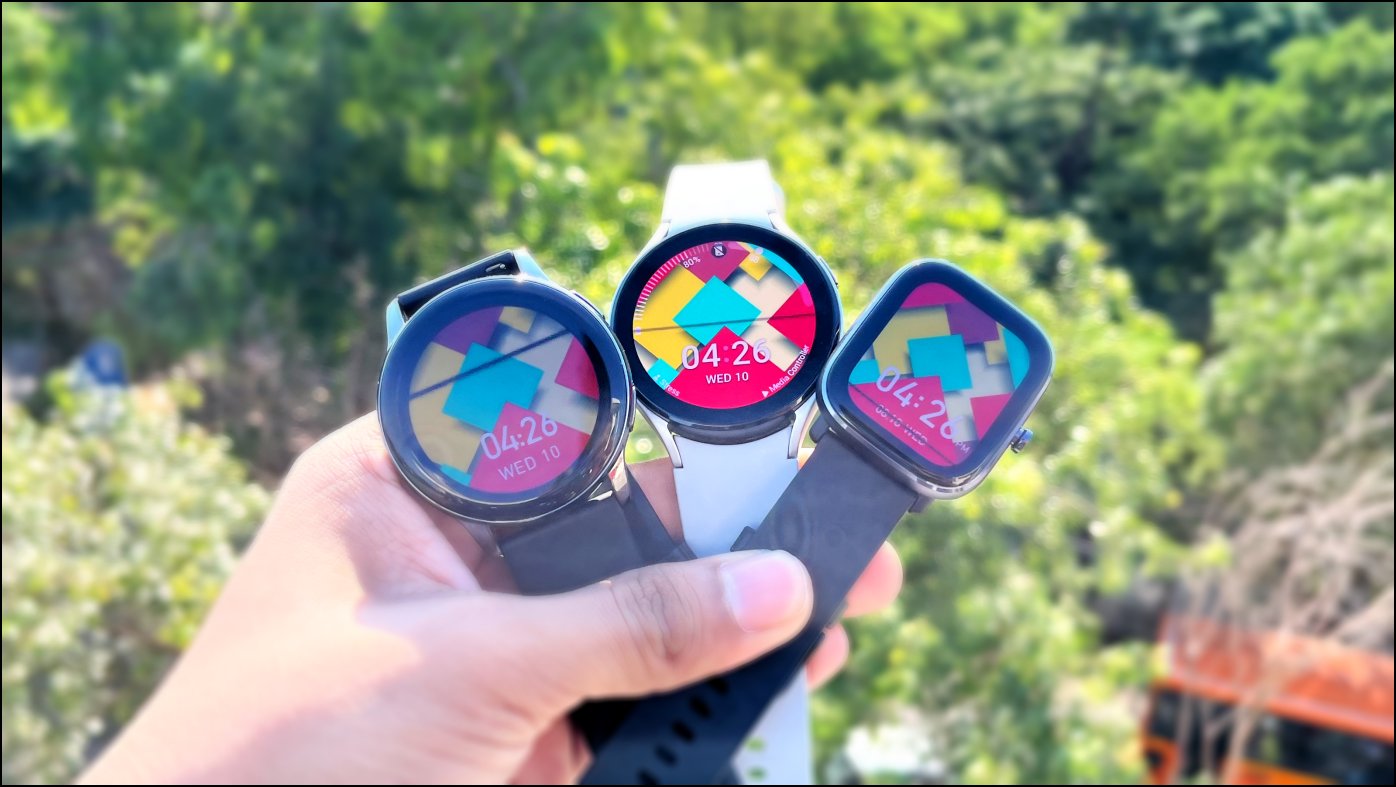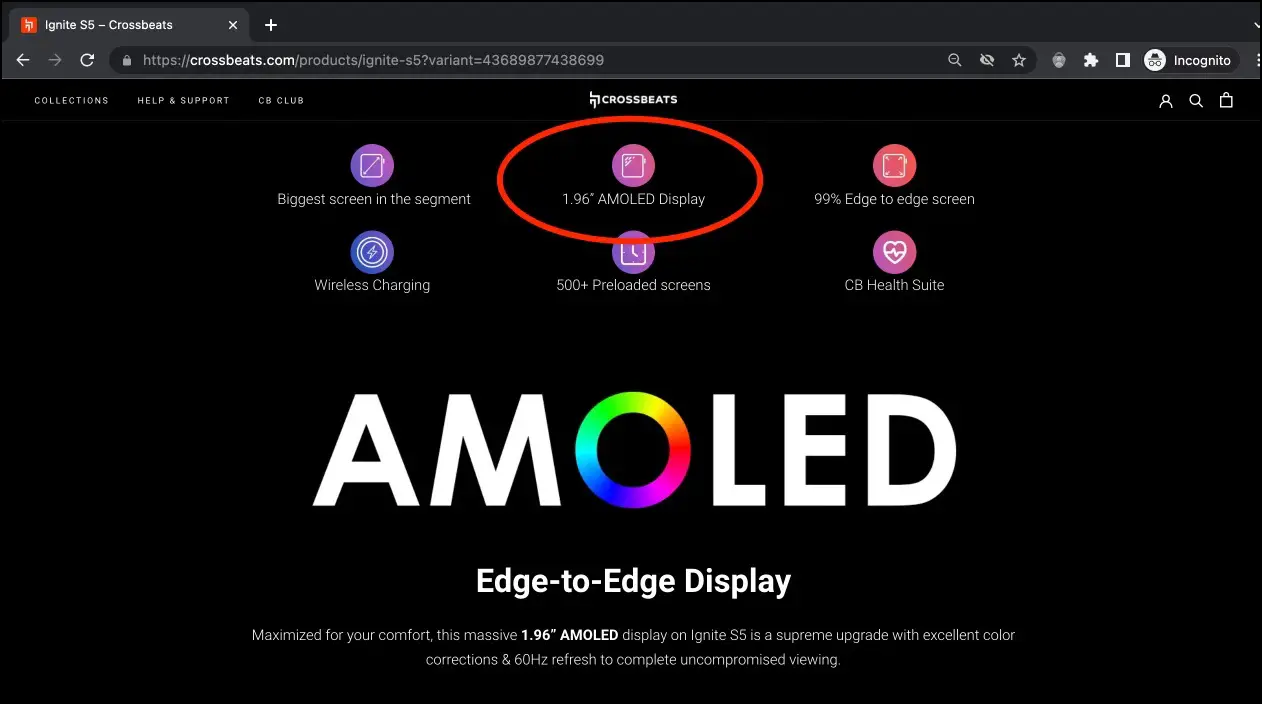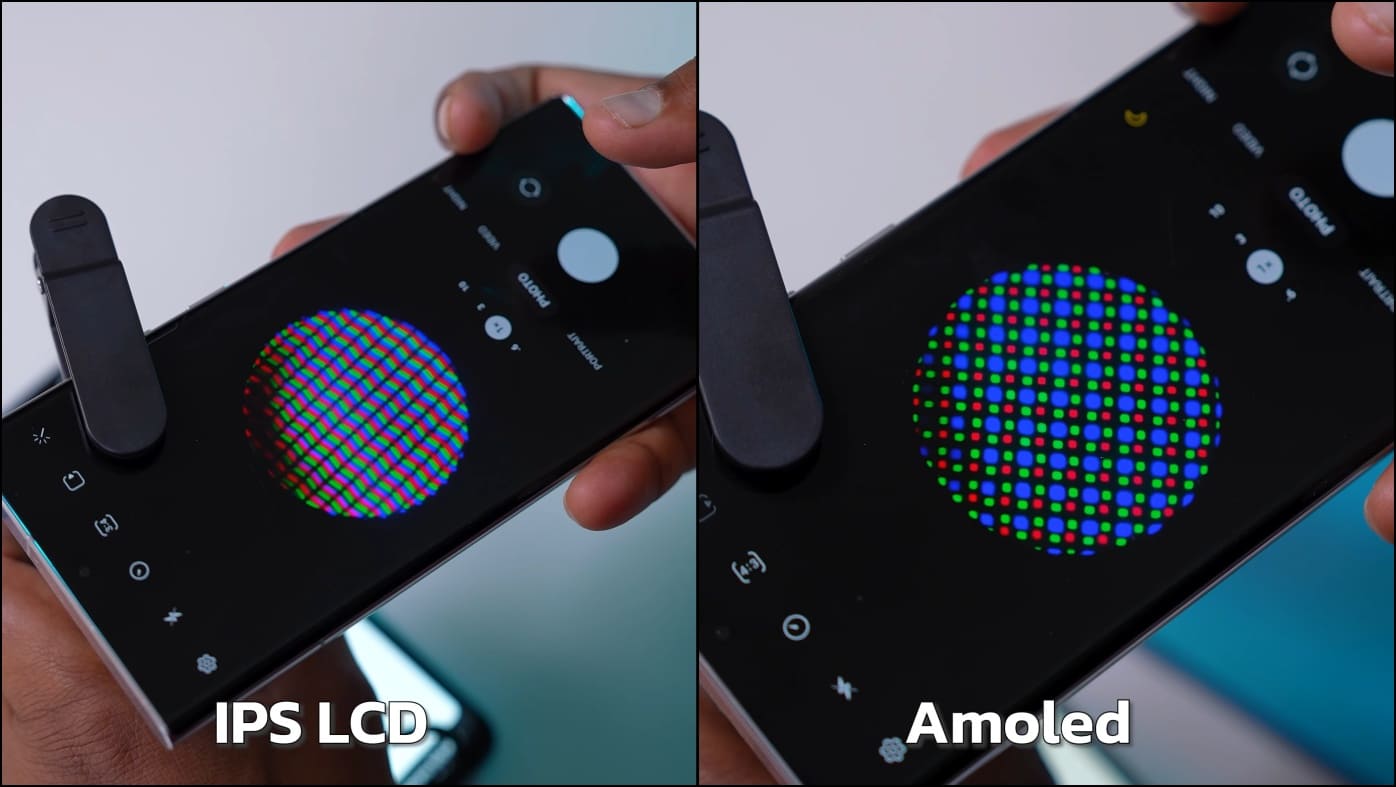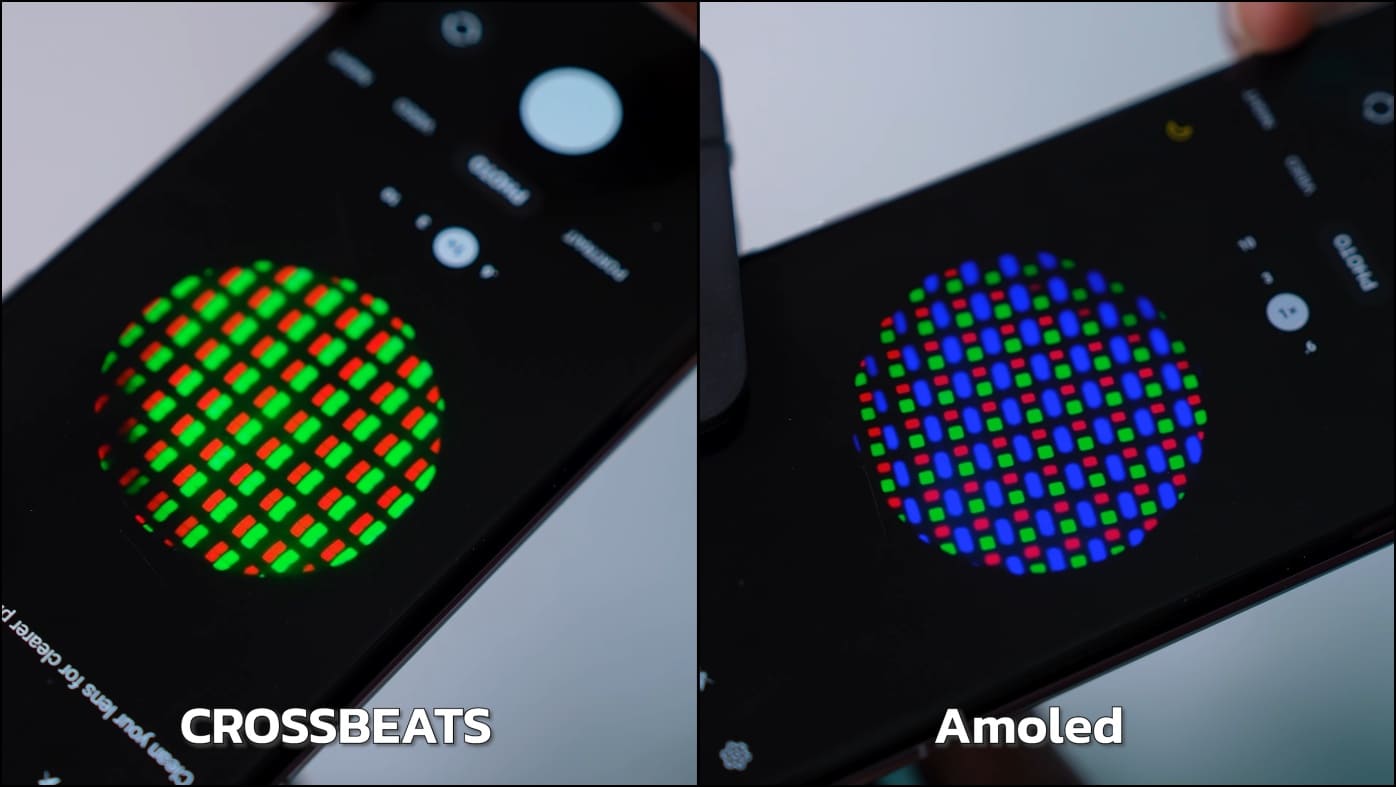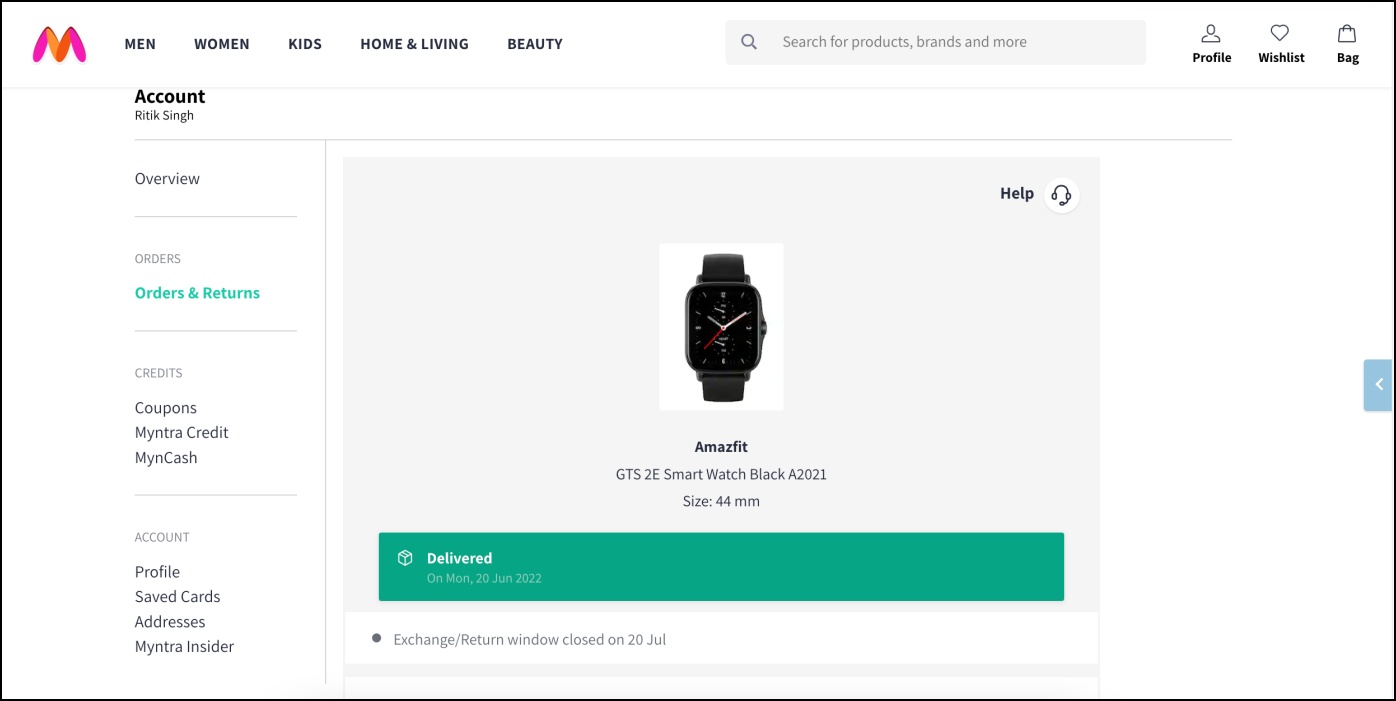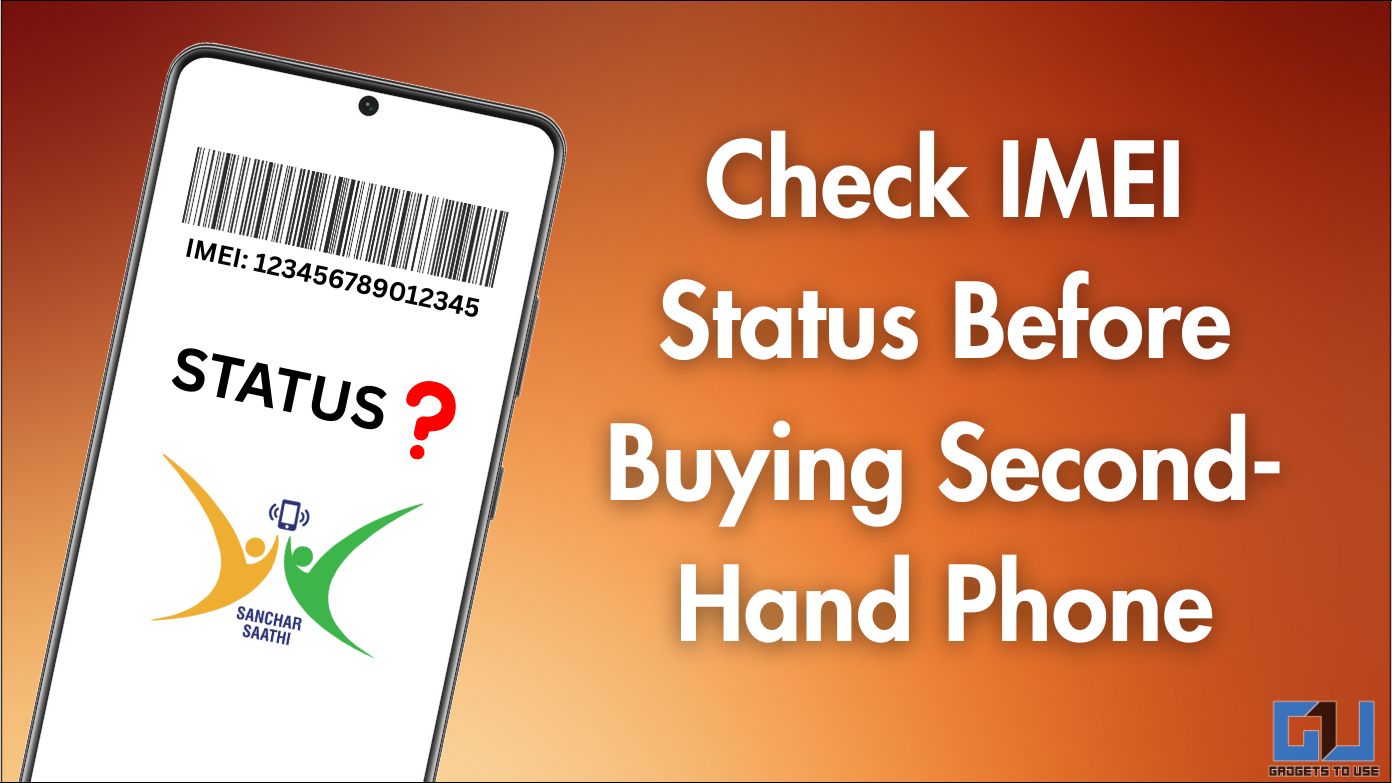Quick Answer
- And looking at the pixel arrangement on the Crossbeats smartwatch vis-a-vis the one on the Galaxy Watch with OLED, it was clear that the former had an LCD, and the brand was lying about it on its product page.
- OLEDs contain a grid of red, green, and blue subpixels usually laid out in a PenTile or diamond arrangement, i.
- And with the display becoming a crucial factor in smartwatch buying decisions, consumers often also demand an AMOLED citing its better quality, power efficiency, and features like Always-on.
The budget smartwatch market is full of deceptions- from faux blood pressure and blood oxygen sensors to fake AMOLED displays. Yes, you heard it right. Lately, some smartwatch manufacturers have been marketing watches with LCD as having “AMOLED” to make more sales. Fortunately, you can easily check if the brand is lying with a few simple tricks. In this article, let’s see how you can find out if your smartwatch has a fake AMOLED display.
Why Do Brands Falsely Advertise LCD Smartwatches as AMOLED?
Since it’s more expensive to source or manufacture an OLED, brands like Fire-Boltt and Crossbeats have turned to falsely advertising some of their LCD smartwatches as having AMOLED panels.
We’ve been following the budget smartwatch market for years now. Numerous brands have taken over the space, including the likes of Noise, Boat, and Fire-Boltt. While all the companies are in the race to offer the best-looking specifications at the lowest possible price, some have resorted to false advertising.
For starters, the budget smartwatch industry runs on key specifications that help a certain smartwatch sell more than the competition. A dedicated SpO2 sensor, a high refresh rate, and Bluetooth Calling are currently the major trends that consumers are looking forward to.
And with the display becoming a crucial factor in smartwatch buying decisions, consumers often also demand an AMOLED citing its better quality, power efficiency, and features like Always-on. But since it’s more expensive to source or manufacture an OLED, brands like Fire-Boltt and Crossbeats have turned to falsely advertising some of their LCD smartwatches as having AMOLED panels.
With the popularity these brands have in the current market, people usually trust what they claim on their product listing pages. And many end up wasting their money buying a watch completely different from what’s on paper.
How to Find if Your Smartwatch Has a Fake AMOLED Display?
If you, too, have purchased a smartwatch that claims to have an AMOLED but doesn’t feel so, do not worry. Here are handy tips for verifying if your smartwatch has a fake AMOLED or an LCD instead. Read on.
Check the Screen Pixel Arrangement
AMOLED and LCDs are inherently different from each other. They both use different technologies and have distinct pixel structures.
All electronic displays are made of tiny pixels in a grid-like arrangement. These pixels glow together to produce the images. LCD displays contain liquid organic pixels that are illuminated by an underlying backlight. On the other hand, AMOLED has organic pixels that are capable of illuminating themselves.
The pixels on an LCD are arranged in a simple Red-Green-Blue format called RGB. OLEDs contain a grid of red, green, and blue subpixels usually laid out in a PenTile or diamond arrangement, i.e., is Red-Green-Blue-Green. And when observed under a microscope, you can easily differentiate between an OLED and LCD.
In the video above, Rakesh from Gyan Therapy observed the IPS LCD and AMOLED using a microscopic lens. And looking at the pixel arrangement on the Crossbeats smartwatch vis-a-vis the one on the Galaxy Watch with OLED, it was clear that the former had an LCD, and the brand was lying about it on its product page.
You can get either one of those affordable microscopes from Amazon or use a macro lens with your Android phone to observe the watch’s display. If you see a dotted diamond or PenTile matrix of individual red, blue, and green pixels, it’s an OLED.
If you see pixels laid out in a regular parallel arrangement, it’s likely a regular LCD. In this case, you’ll also see a backlight bleed across the screen, unlike the OLED panel.
Here are some of the budget microscope recommendations on Amazon:
- Starlabs Students Simple 20x Microphone (INR 400)
- Fundoo Labs Foldscope DIY 140x Microscope (INR 479)
- Gemko Labwell 100x Microscope (INR 1766)
- Carson MicroBrite Plus 60-120x Microscope (INR 1899)
Check for Backlight on a Black Watch Face
A black image displayed on a smartwatch with AMOLED screen shouldn’t emit any light.
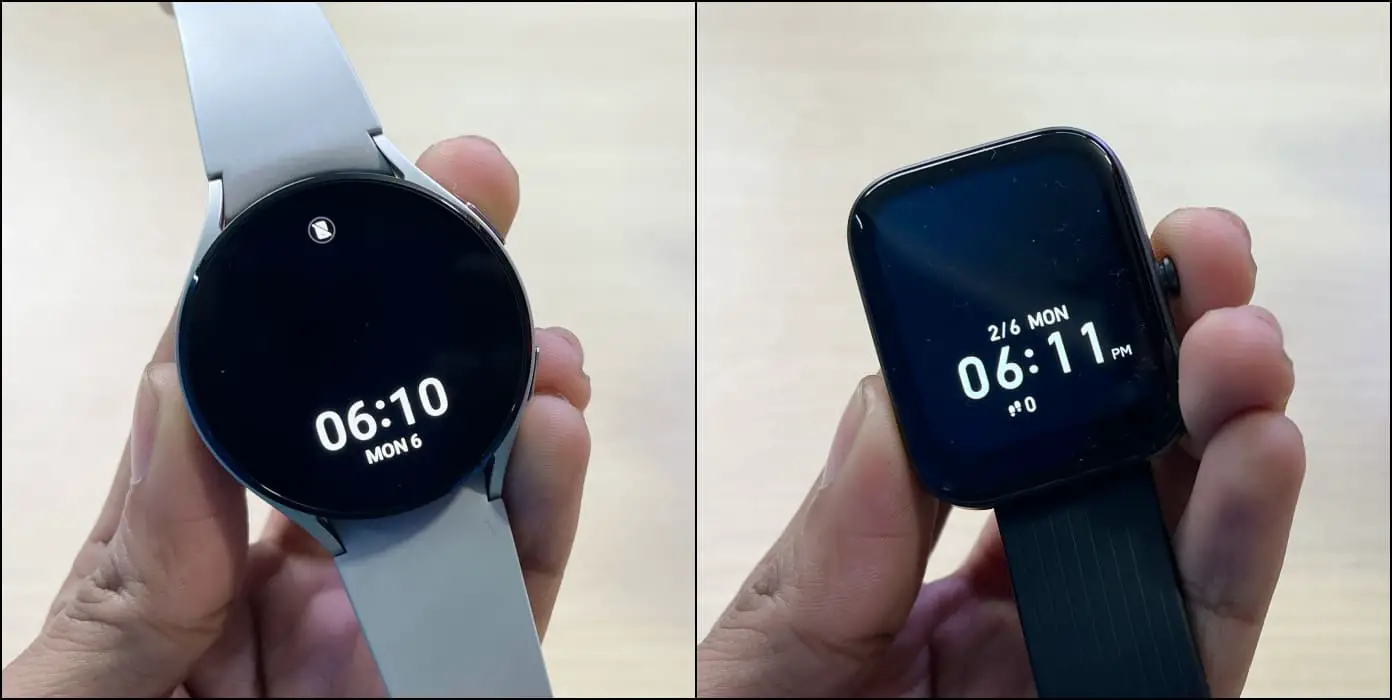
Download this black wallpaper, set it as your smartwatch’s current watch face using the custom watch face option, and observe the black area on the screen.
While LCD uses a backlight, AMOLED turns off the pixels to show black colors or areas on display. And hence, when you set a completely black watch face on your smartwatch, it should show true black and not bleed any light.
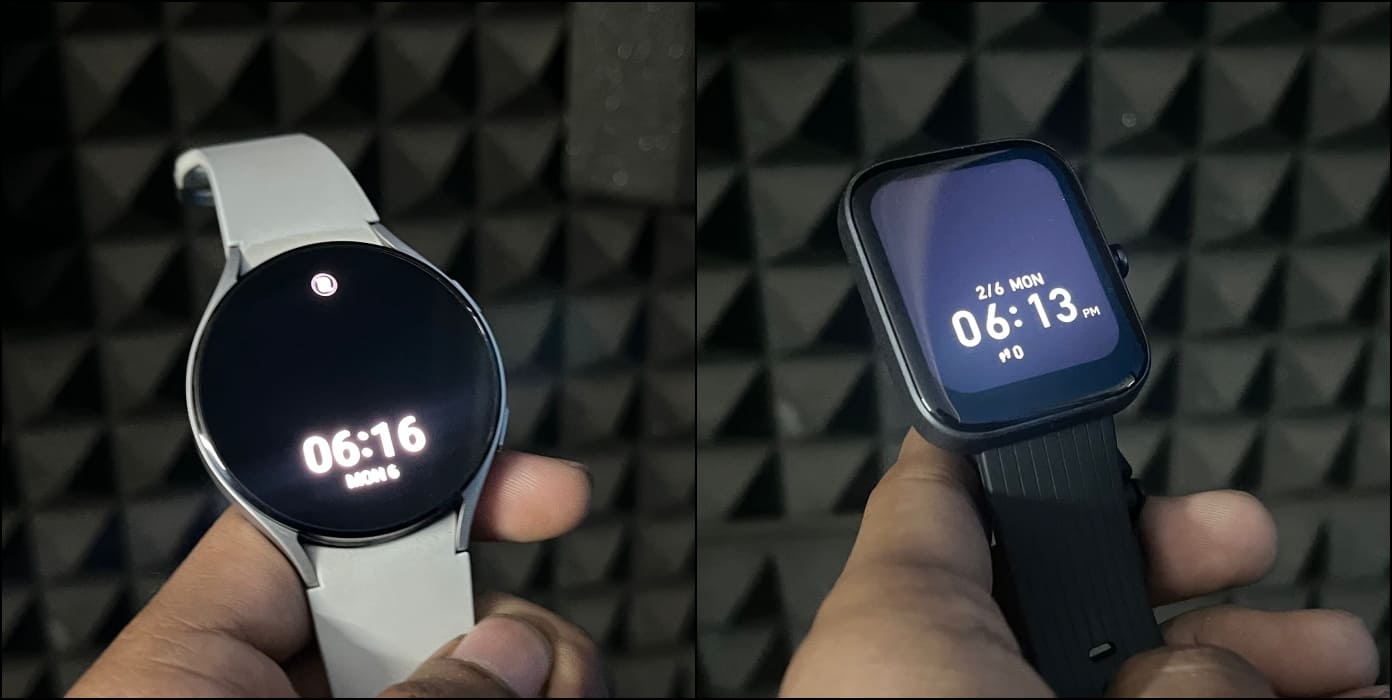
If the image displays with color bleed (cloudy white patches) and appears more like greyish black instead of pitch dark, it’s likely an LCD. This is how you verify if your smartwatch has an LCD or AMOLED display.
Here’s more on how to find the display type of your smartwatch.
Why is an AMOLED Smartwatch Better than LCD?
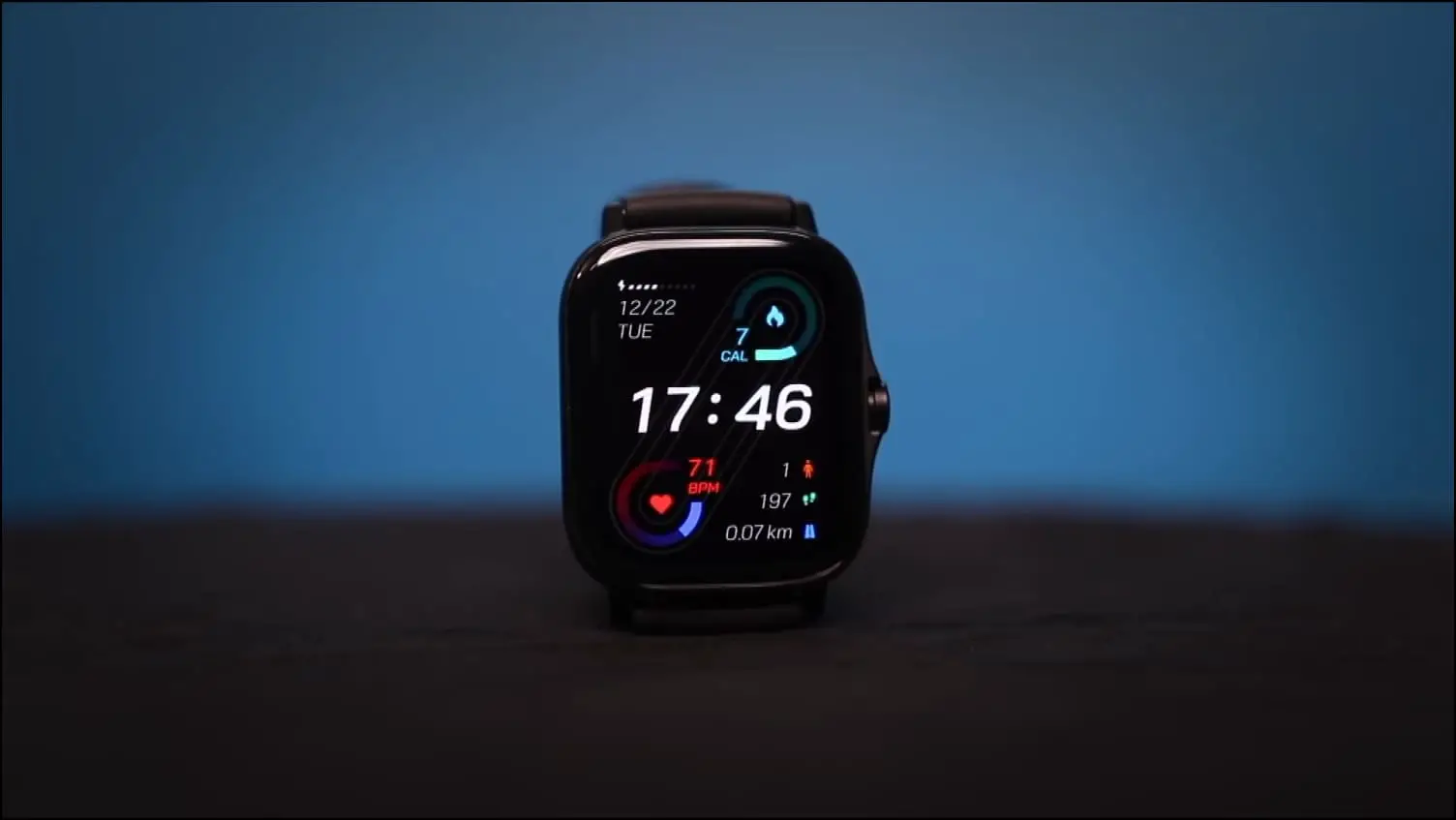
Having a smartwatch with an AMOLED display has certain advantages, as shown below:
- AMOLEDs are known to have excellent brightness and contrast levels.
- The pixels turn off to show black color. As a result, you get true blacks.
- Unlike LCD, there’s no backlight. Pixels can turn on and off individually, which saves battery life.
- You can enjoy the always-on display without significantly impacting the battery.
- AMOLEDs take up less internal space than LCDs, allowing the manufacturer to make slimmer smartwatches.
- AMOLEDs are also flexible. For instance, Apple Watch uses flexible OLEDs for slimmer and curved bezels.
At the same time, there are certain disadvantages too. AMOLED is more expensive to manufacture, resulting in cost-cutting in other key components on entry-level and budget offerings. They’re also inherently susceptible to pixel burn-in and durability issues. Here are the pros and cons of all display types in detail.
What to Do if Your Smartwatch Has a Fake AMOLED?
The bigger question is, what to do if you have received a smartwatch that was claimed to have an AMOLED but you found it to have an LCD instead? Well, here are points to note:
- If you ordered the smartwatch from Amazon, Flipkart, or any other e-commerce platform and it is still within the return window, file for a return citing that the product differs from what is shown.
- If ordered from the brand’s own website, email them explaining the fiasco and see what they respond with.
- If the brand refuses to offer a return, you can file an online complaint in the consumer forum.
- You have the full right to file a dispute for a chargeback if purchased using a credit card.
- Share your experience on social media to make others aware, and at the same time, tag the brand to pressure them for a resolution.
Wrapping Up
It’s alas to see certain brands resorting to false advertising to sell in more numbers. It cheats on the consumer paying for the product and also creates a negative image of the company. But again, it’s important for us to stay aware of what we’re purchasing. I hope the above guide helped you check if your smartwatch has a fake AMOLED display (an LCD marketed as OLED). Stay tuned for more such tips, tricks, and updates.
You might be interested in:
- 8-bit vs 10-bit Display in Smartphones: Does it Matter?
- 3 Ways to Check Wide Color Display Support on Your Phone
- Real Truth of PLS TFT Display in Affordable Phones Explained
- 3 Ways To Find Display Type On Your Phone
You can also follow us for instant tech news at Google News or for tips and tricks, smartphones & gadgets reviews, join GadgetsToUse Telegram Group or for the latest review videos subscribe GadgetsToUse Youtube Channel.
